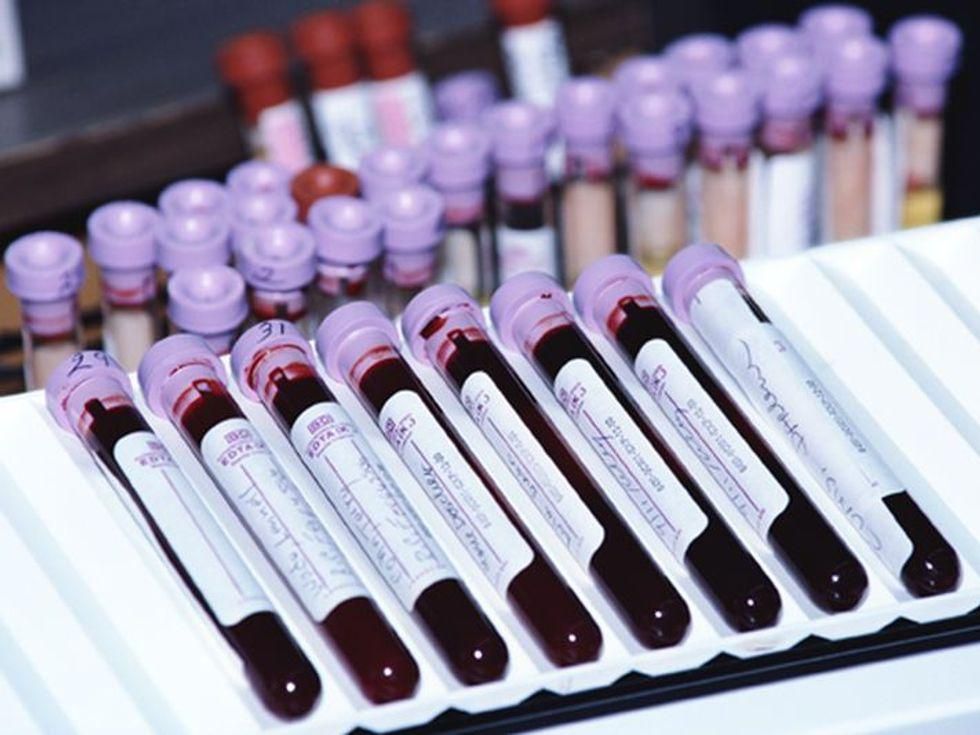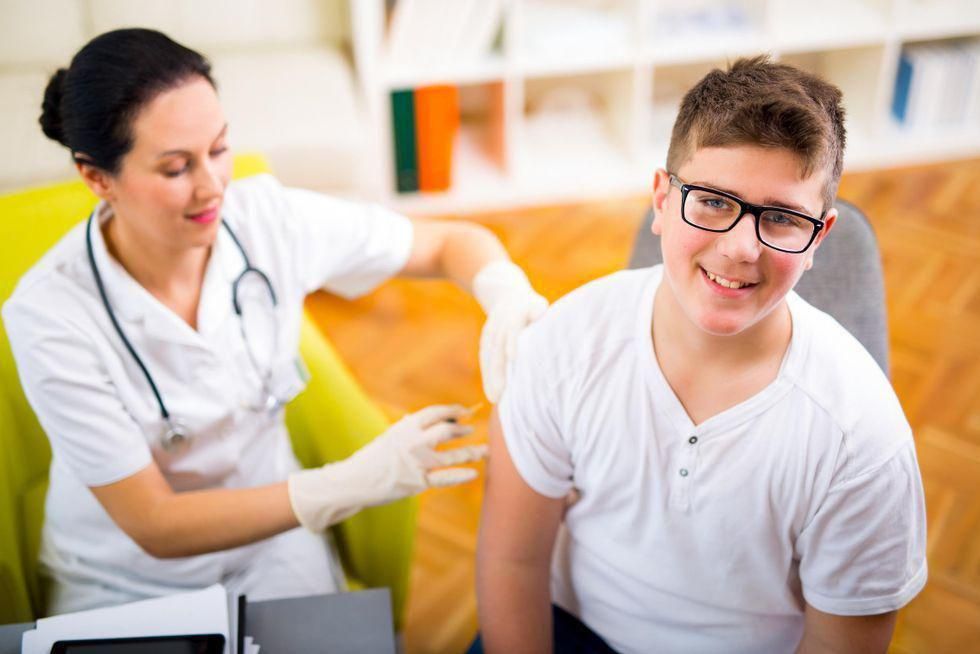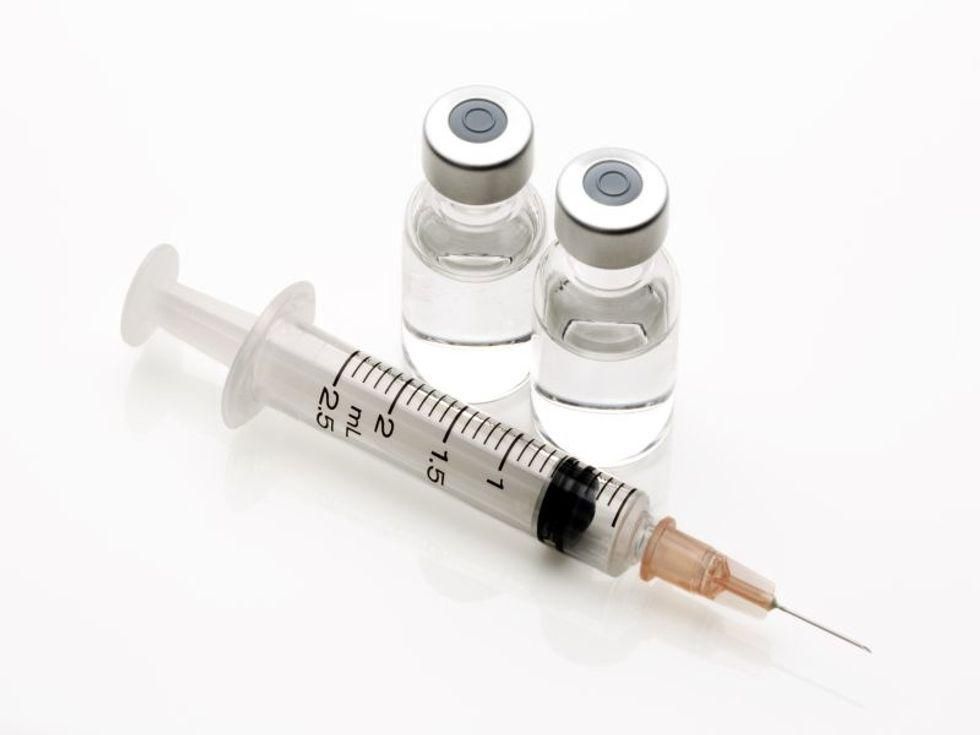
COVID-19 could be a much more expensive experience for folks who fall ill this year, thanks to the return of deductibles and copays, new research suggests. Most folks who became gravely ill with COVID last year didn’t face crushing medical bills because nearly all insurance companies agreed to waive cost-sharing for coronavirus care during the… read on > read on >






























